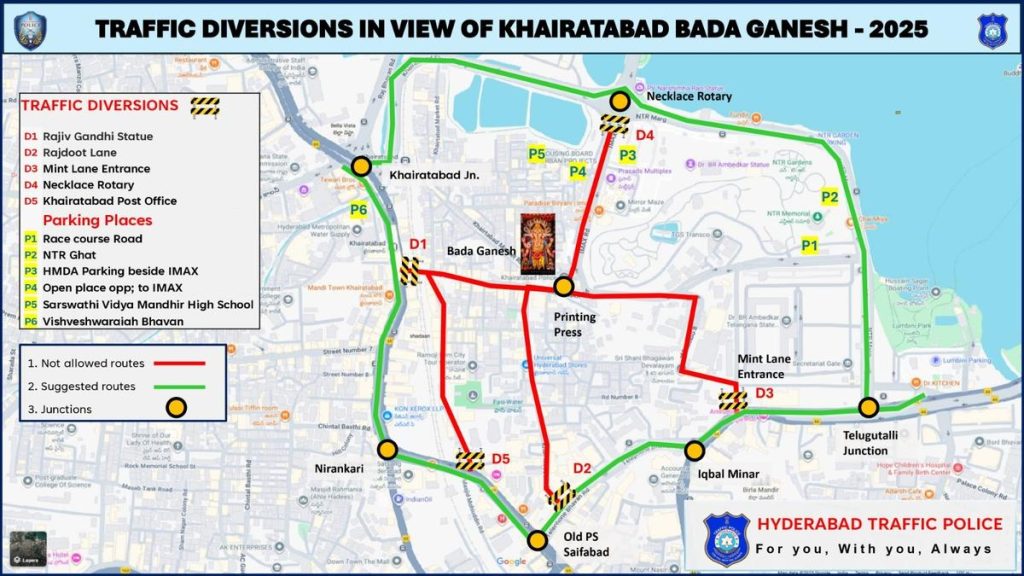Now Reading: Free Internet Access Should Be Recognized as a Fundamental Human Right
-
01
Free Internet Access Should Be Recognized as a Fundamental Human Right
Free Internet Access Should Be Recognized as a Fundamental Human Right

Fast Summary
- Nearly one-third of humanity, 2.6 billion people, were offline as of 2024 (data by ITU).
- Over three-quarters of global internet users in 2024 lived in countries with online censorship or arrests for posting political/religious/social content (Freedom House reports).
- Philosopher merten Reglitz argues that free and unimpeded internet access should be established as a standalone human right.
- Global broadband coverage by 2030 is estimated to cost $428 billion but promises ample social and economic benefits.
- Benefits include increased access to education, healthcare, economic opportunities, and enhanced human rights like free speech.
- A minimum standard for connectivity includes affordable 4G access at less than 2% of monthly gross national income per capita for 2GB data usage, permanent smartphones availability, and digital skills training.
- Internet surveillance by governments and corporations undermines empowerment; recognizing this right could impose obligations on states to protect privacy,reduce propaganda/censorship,and regulate disinformation via social media platforms.
- While the UN’s existing resolutions affirm protection of offline rights online since 2016, no explicit legal recognition has been given for universal internet access as an independent human right.
Image:
!campaign=RSS%7CNSNS&utmsource=NSNS&utmmedium=RSS&utm_content=home”>Read More
Indian Opinion Analysis
The proposition to establish free internet access as a human right has relevance for India where digitization efforts are extensive yet unevenly distributed. With over half a billion citizens still lacking stable connectivity despite steady improvements under programs such as “digital India,” achieving universal broadband holds notable potential. It could bridge urban-rural disparities in education delivery systems or make healthcare more accessible.
The $428-billion cost estimate globally raises concerns about viability in resource-strapped economies like India but offers long-term returns through societal gains-economic activity stimulated via better connectivity could outweigh upfront infrastructure investments. Moreover, enforcing privacy protections alongside creating this recognized right would address prevalent issues tied to state surveillance technology misuse.
India stands at a crossroads where prioritizing equitable internet models alongside affordability policies can definitely help balance digital inclusion without undermining foundational values such as freedom from censorship or exploitation. Neutral regulation frameworks aligning businesses/government responsibilities may also bolster ethical standards locally while preparing citizens unequivocally within clarity-driven systems globally advocated here.

























